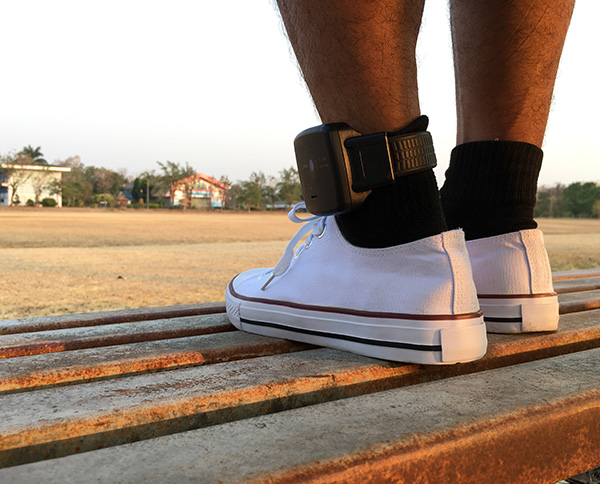
In 2009 John Murphy of Marblehead, then 21, allegedly gave alcohol to a 14-year-old girl and subsequently raped her in a public park while she was incapacitated.
He was charged and convicted of raping a child and sentenced to 9 to 11 years in prison followed by 5 years of probation.
He was released in 2020, placed a probation, and registered as a level-two sex offender. Additionally, John was ordered to wear a GPS monitoring bracelet and to refrain from approaching the victim’s neighborhood (the “exclusion zone”).
At the time of John’s conviction, the GPS monitor was mandatory under M.G.L c. 265, Sec. 47.
However, in 2019, the Supreme Judicial Court (SJC) held that the device could not be imposed without an individualized determination that public safety concerns outweighed the probationer’s privacy rights under Article 14 of the Massachusetts Declaration of Rights. See Commonwealth v. Feliz, 481 Mass. 689 (2019).
Based on the SJC’s 2019 ruling, John filed a motion in superior court seeking to have his GPS monitor removed. His primary argument was that the victim had left the exclusion zone enforced by the monitor.
The motion judge rejected John’s request and John appealed the ruling.
The Appeals Court sided with the motion judge. The justices found that
although the exclusion zone is not perfectly tailored to the victim’s current circumstances, it nonetheless protects the victim’s safety by providing her a safe haven at her childhood home and preventing further victimization. (Citations and quotations omitted.)
Additionally,
Given the seriousness of the offenses, the probationer’s level two sex offender classification, his 2020 violation of the exclusion zone, and the fact that the zone, while not perfectly configured, reasonably serves the Commonwealth’s interest in protecting the victim, we conclude that the overall balance of interests at the time of the motion hearing justified continued GPS monitoring.
John’s motion was denied without prejudice and the Appeals Court seemed to suggest that John’s motion may be successful if it were resubmitted to the court at a later date.
To read the full opinion, click the document below.